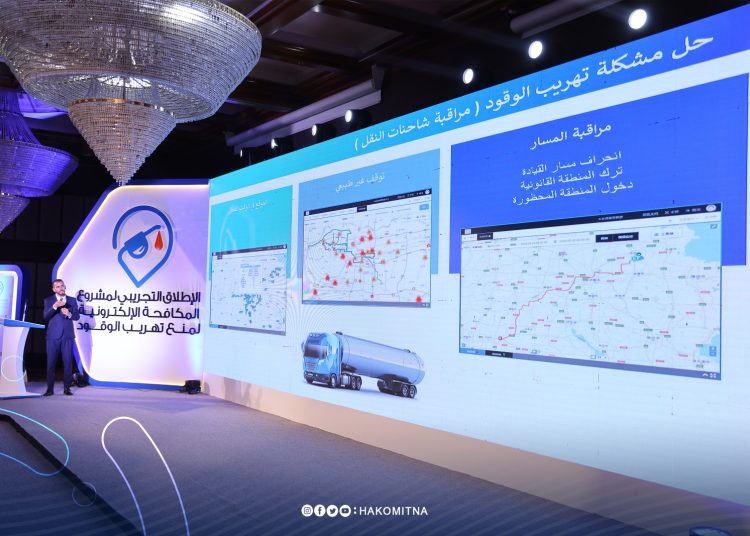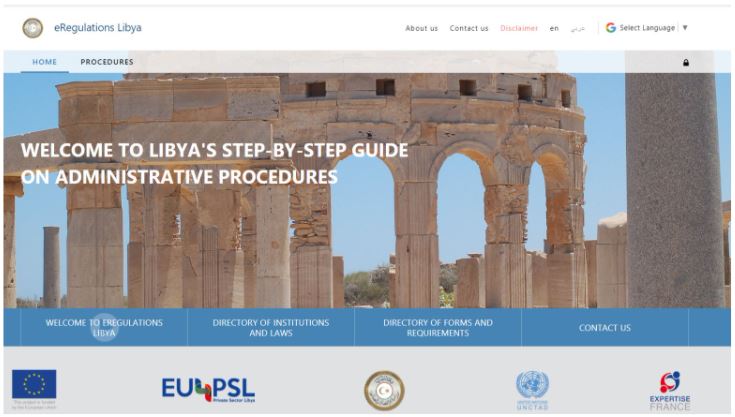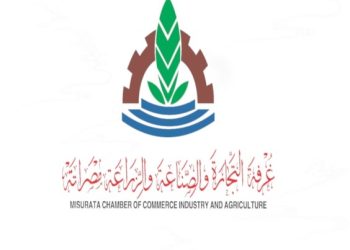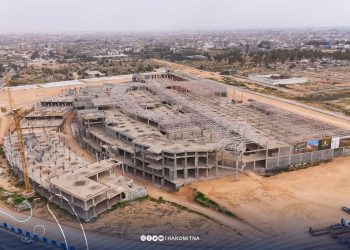The committee formed by Prime Minister’s Decree No. 308 of 2024 held its first meeting to discuss the electronic fuel regulation and smuggling prevention system provided by Al-Namaa Oil Investment Company.
The company and researcher (and designer of the e-system), Mohamed Amer, provided the technical details and components of the project regarding the provision of all gas stations with the necessary equipment and the duration of the project’s implementation.
System to be installed in all distribution stations
The Audit Bureau made a presentation showing its observations regarding the hydrocarbon file, and the need for the system to be installed in all distribution stations and supported by all state institutions to ensure its success.
Phase one will cover major diesel consumers
During the meeting, it was agreed that the first phase of the project will be implemented on following up the distribution of diesel to major consumers as it represents 60% of the total fuel supplied, organizing its distribution and eliminating leakage at all stages of distribution.
The work of the committee comes based on the directives of the Prime Minister during his participation in the workshop organized by Brega Company to present the electronic fuel distribution system, through the formation of a committee that includes all state institutions to study the extent of its implementation and benefit.
Reduce subsidised fuel smuggling
The head of the General Information Authority, Chairman of the Committee, Abdul Basit Al-Baour, pointed out that these efforts come within the government’s plan to address the fuel file and organize it in terms of supply and distribution, identify needs and introduce technology in controlling these operations, which will reduce smuggling work.
Attorney General bans 15 petrol stations for fuel smuggling abroad (libyaherald.com)
Libya’s fuel smuggling: a new Swiss connection is revealed (libyaherald.com)
Alternatives to fuel subsidies with cash payments delivered to Aldabaiba (libyaherald.com)
Libya evaluating subsidies for renewable energies – within existing fuel subsidies (libyaherald.com)
Libya’s annual fuel bill rose to US$ 12 bn due to increased electricity production (libyaherald.com)










